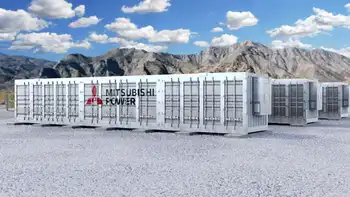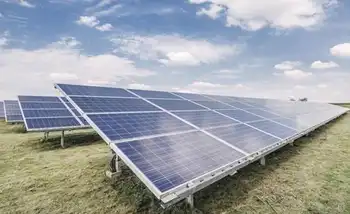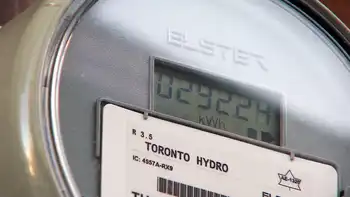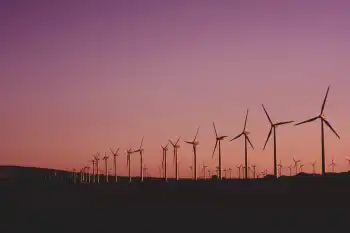Silicon Valley investor upbeat on new energy bets
By Reuters
Electrical Testing & Commissioning of Power Systems
Our customized live online or in‑person group training can be delivered to your staff at your location.

- Live Online
- 12 hours Instructor-led
- Group Training Available
The legendary venture capitalist behind high-tech companies such as Sun Microsystems and Juniper Networks said backing renewable technologies has similar investment horizons to the four- to six-year cycles that computer start-ups have enjoyed.
"I would say that the technical risk in biofuels is no different than semiconductors and the market risk is also somewhat similar," Khosla said in an interview during the Reuters Biofuels Summit.
Khosla Partners, the venture fund he founded after 15 years with top firm Kleiner Perkins Caufield & Byers, has invested in more than 25 renewable energy companies ranging from ethanol technology to solar to more efficient lamps and engines.
In the interview, Khosla forecast rapid progress in the development of low-cost cellulosic ethanol fuel as an alternative to oil, fueled by a bipartisan groundswell of support by U.S. politicians and state-level regulatory change.
2007 is the year cellulosic ethanol will become a real prospect for investors, he said. By 2008, he forecast the first initial public offerings by suppliers of cellulosic ethanol technology.
"Remember, last year (cellulosic ethanol) was six to 10 years (away). Now people talk about four to six years. And my bet is (that) by the end of this year, they will talk about two to three years," Khosla said. "So we are maybe making two years of progress every year."
He forecast the rise of a global market for ethanol fuels, as production swells in places such as Brazil and Indonesia and barriers fall to importation into Europe and North America.
"I suspect tariffs will be on their way out," he said.
On the political front, Khosla said Bush has one issue in common with the new Democratic-controlled Congress - expansion of renewable energy to offset dependence on foreign oil.
The build-up to the U.S. presidential elections next year, combined with a major Supreme Court decision that could classify carbon dioxide emissions as a pollutant, are likely to be the driving forces of further regulatory changes.
"That completely changes the equation because suddenly all the states can start to regulate carbon dioxide emissions without relying on the federal government," he said.
Khosla is lukewarm on wind or residential solar power being of much value to large utilities. But he is bullish on "solar thermal" power - large arrays of solar cells installed in Southwestern deserts - which he said is attracting the attention of at least one major electric utility in the Western United States.
"Solar thermal will become much more visible. I suspect that it will be (only) 2008 before they are recognized as real utility-scale power," Khosla said.
Khosla's upbeat remarks about alternative energies contrast sharply with his views on coal.
He said Wall Street will wake up in the coming year to the risks of further investment in coal as the primary source of fuel to produce U.S. electrical power.
"Fifteen, 20 years ago people didn't think about the political risks around nuclear," Khosla said. "Coal has the same kind of risks today and they just aren't as visible."
With carbon taxes and other anti-coal measures looming, a 50-year return on investment in new plants looks doubtful.
"My bet is that, by the end of the year or early next year ... utility values will be discounted. Market caps will come down for people who are investing or are more dependent on coal. That is going to be a big financial phenomena."











